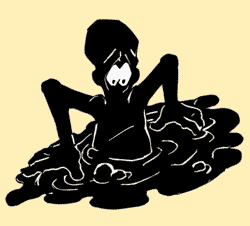 Burundi is a small landlocked country of 28,000 square kilometres, about the same size as Rwanda, sharing borders with Rwanda to the north, Tanzania to the east and south, and Democratic Republic of Congo to the west. The country has a population of just under 9 million, but it is one of the poorest countries in the world. Its south-eastern border is on the second-largest freshwater lake in the world, Lake Tanganyika, and yet the country’s capital city, Bujumbura, which is on the shore of the lake, has a drinking water crisis.
Burundi is a small landlocked country of 28,000 square kilometres, about the same size as Rwanda, sharing borders with Rwanda to the north, Tanzania to the east and south, and Democratic Republic of Congo to the west. The country has a population of just under 9 million, but it is one of the poorest countries in the world. Its south-eastern border is on the second-largest freshwater lake in the world, Lake Tanganyika, and yet the country’s capital city, Bujumbura, which is on the shore of the lake, has a drinking water crisis.
The part of Lake Tanganyika on Bujumbura’s shore is too polluted to provide drinking water. The beach is covered in plastic bottles and seaweed. Bujumbura’s drinking water supplies are taken from eight kilometres inside the lake, and it is estimated that at current rates of pollution, the course of drinking water will have to move to 18 kilometres inside the lake by 2020, which is almost at the border of the Democratic Republic of Congo.
In the not-too-distant future, Bujumbura may have to start buying its water supplies from the Democratic Republic of Congo, if the environmental issues cannot be solved. However, it costs money to solve environmental issues, and following civil wars, corruption, lack of education and other troubles, Burundi does not have much money.